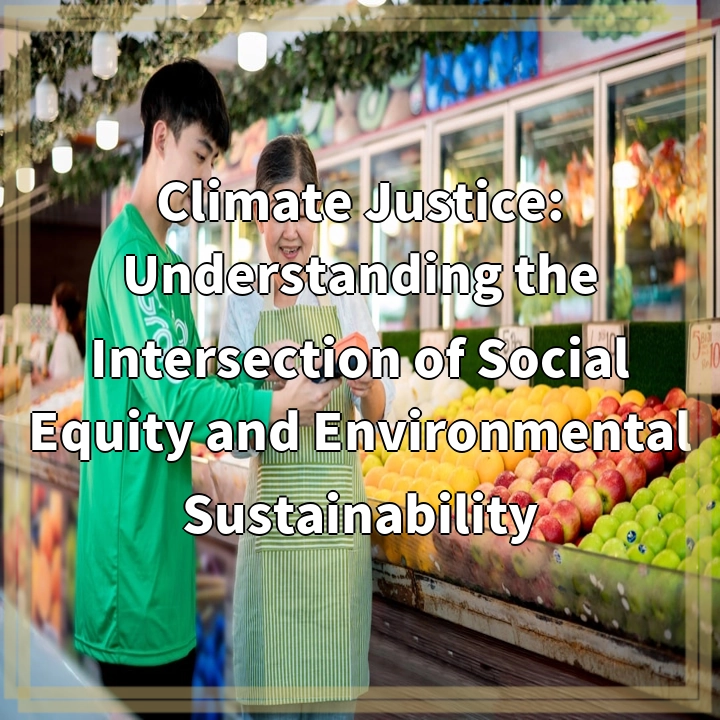
What is Eco-Friendly Trends in Smart City Development?
Smart city development is an innovative approach to urban planning that integrates technology, sustainability, and efficient resource management. It aims to improve the quality of life for residents while reducing environmental impacts. Eco-friendly trends in smart city development focus on incorporating environmentally friendly practices and technologies to promote sustainability and combat climate change.
Real-World Problems Associated with Eco-Friendly Trends in Smart City Development
While eco-friendly trends in smart city development hold great promise, they are not without challenges. Some of the real-world problems that need to be addressed include:
1. Implementation Challenges
Integrating eco-friendly technologies and practices into existing urban infrastructure can be complex and costly. It requires collaboration among various stakeholders, including government agencies, private companies, and community members. Lack of coordination and funding can hinder the implementation of sustainable initiatives.
2. Interdisciplinary Collaboration
Eco-friendly smart city development requires collaboration across various disciplines, such as urban planning, engineering, and environmental science. Bridging these disciplinary gaps and fostering effective communication can be challenging. It requires professionals from different backgrounds to work together to find integrated solutions that address environmental and social concerns.
3. Ensuring Equity and Inclusivity
One of the key challenges in smart city development is ensuring that the benefits of eco-friendly initiatives are distributed equitably among all residents. It is important to address issues of socio-economic disparities to avoid creating a divide between privileged and marginalized communities. Access to green spaces, clean energy, and efficient transportation should be accessible to everyone, regardless of their income or background.
4. Data Privacy and Security
Smart city initiatives rely on the collection and analysis of vast amounts of data to optimize resource usage and improve urban efficiency. However, ensuring the privacy and security of this data is paramount. Cybersecurity threats and concerns over data privacy can undermine public trust and hinder the adoption of eco-friendly smart city solutions. Striking a balance between data-driven decision-making and protecting citizens’ privacy is a significant challenge.
These real-world problems pose significant challenges to the successful adoption of eco-friendly trends in smart city development. However, by addressing these issues through collaboration, innovation, and community engagement, cities can overcome these challenges and create more sustainable and resilient urban environments.

Summary of Solutions for Eco-Friendly Trends in Smart City Development
To address the real-world problems associated with eco-friendly trends in smart city development, it is important to consider the following solutions:
1. Enhanced Collaboration and Funding
Effective implementation of eco-friendly initiatives requires collaboration among government agencies, private companies, and community members. This can be fostered through partnerships, joint initiatives, and sharing resources. Additionally, securing adequate funding from multiple sources can help overcome financial barriers and accelerate the adoption of sustainable practices.
2. Integrated Interdisciplinary Approaches
Bringing together professionals from various backgrounds, such as urban planning, engineering, and environmental science, can facilitate innovative and sustainable solutions. Encouraging interdisciplinary collaborations through workshops, conferences, and design charrettes can help bridge gaps and foster integrated approaches to eco-friendly smart city development.
3. Equitable and Inclusive Planning
To ensure that eco-friendly initiatives benefit all residents, it is crucial to prioritize equity and inclusivity. This involves engaging with diverse communities and incorporating their perspectives into decision-making processes. Providing equal access to green spaces, clean energy, and efficient transportation can help create more livable and sustainable cities for everyone.
4. Strengthened Data Privacy and Security
To address concerns around data privacy and security, robust policies and stringent cybersecurity measures are essential. Implementing transparent data governance frameworks, educating residents about data usage, and prioritizing data anonymization can help build trust and ensure that citizens’ privacy is protected. Collaboration between policymakers, technologists, and privacy experts is vital to strike a balance between data-driven solutions and privacy rights.
By implementing these solutions, cities can overcome the challenges associated with eco-friendly trends in smart city development and create more sustainable and resilient urban environments for the future.















